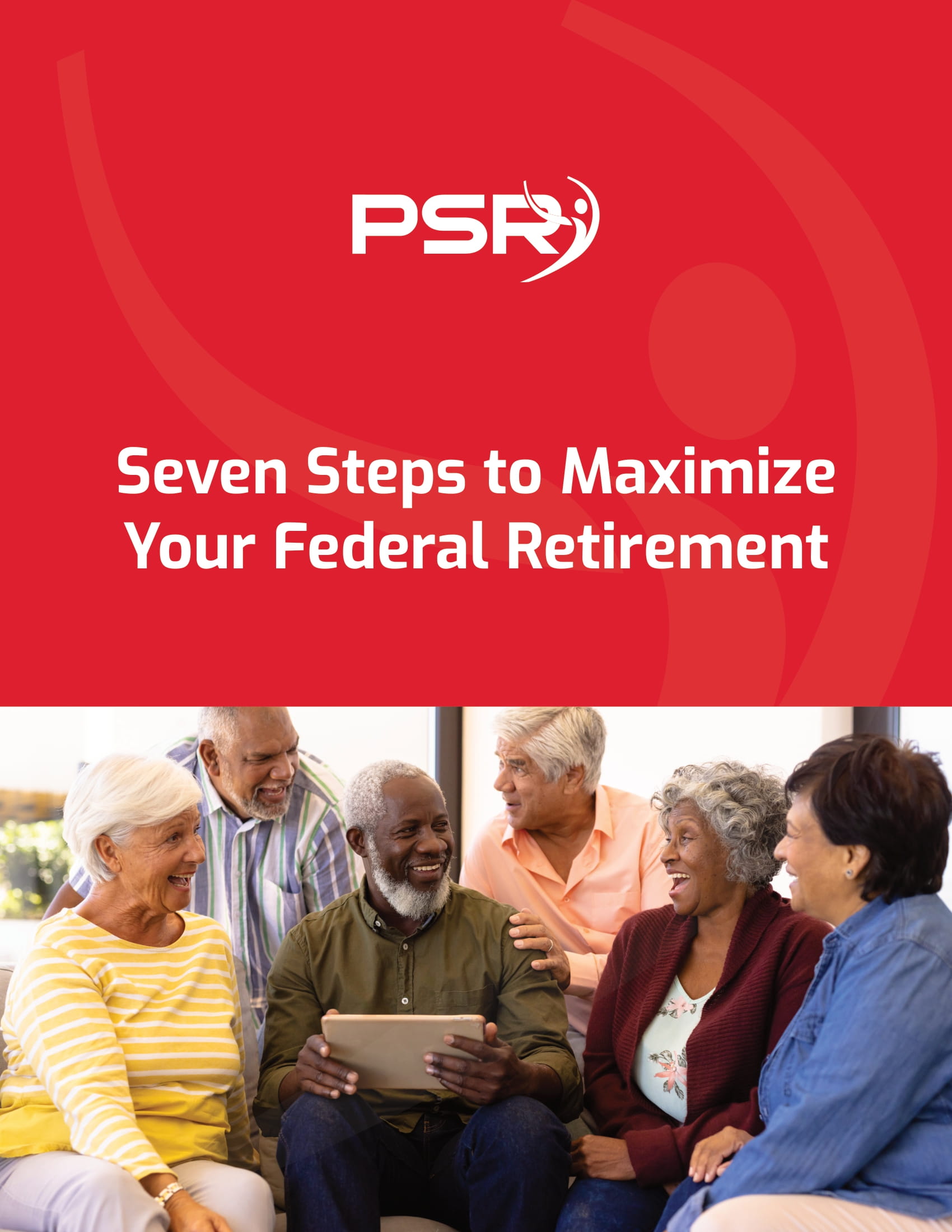[vc_row][vc_column width=”2/3″ el_class=”section section3″][vc_column_text]Capitol Hill recently held a touchy hearing and debate about the practice of union federal employee members being paidwhile carrying out representational duties. The matter ended with an executive order to reduce its use.
House Oversight and Government Reform Committee Republicans attacked the official time practice in a hearing that didn’t include any information from employee groups. According to Republicans, this official time is a waste of taxpayer money. It was more of a subsidy.
- Also Read: Divorce and Your Federal Pension—What Happens When You Split Assets and How It Could Affect Your TSP
- Also Read: What Happens to Your Federal Benefits After Divorce? Here’s the Lowdown
- Also Read: The Best FEHB Plans for 2025: Which One Fits Your Lifestyle and Budget the Best?
Republican lawmakers looked at the 2017 fiscal year and found that more than 980 employees spent half their time on official time – 221 of those employees were earning $100,000 a year. Perhaps the issue was a vision because the very next day, President Donald Trump made it easy – through a series of executive orders – to fire employees who were not performing their duties and restricted their use of official time.
In one order, agencies could limit employees’ official time use to 25 percent of their workday when they were negotiating with unions. It barred employees from using the time to represent employees who were filing a grievance or appealing negative personnel action.
Federal employee unions have since denounced these executive orders, claiming they were nothing more than an assault on collective bargaining. The National Treasury Employees Union and American Federation of Government Employees said they were considering possible legal action to stop the orders from going into effect.
TSP officials, however, said they were in the initial phase of increasing the default contribution rate on any new federal employees, which would mean they could automatically benefit from the matching contribution the federal government provides when they become a public servant.
Ravindra Deo, TSP executive director, said starting in October 2019, all federal civilian employees hired after the date would automatically submit five percent, rather than three percent, of their pre-tax income into the 401(k)-like retirement savings program.
Kim Weaver, TSPspokeswoman, said the program has more than 70 percent of its participants contributing five percent, which is the maximum the federal government offers in matching funds. Weaver said the announcement about the increase in the default contribution rate gives agencies time to prepare their fiscal 2020 budget proposals for the new policy.
TSP officials said they were making the necessary moves to implement the 2017 law that allows federal workers and employees be able to easily withdraw money from retirement savings accounts. The implementation is set to go into full effect September 2019. When it does, participants can request partial withdrawals once a month after leaving federal service and four times a year for those still working for the government and are 59.5 years old.
For those already getting their withdrawals, they can make changes to how often the payments and how much the payments can be anytime rather than waiting until the open season period.[/vc_column_text][/vc_column][vc_column width=”1/3″][vc_single_image image=”34175″ img_size=”293×286″ style=”vc_box_shadow”][/vc_column][/vc_row]









